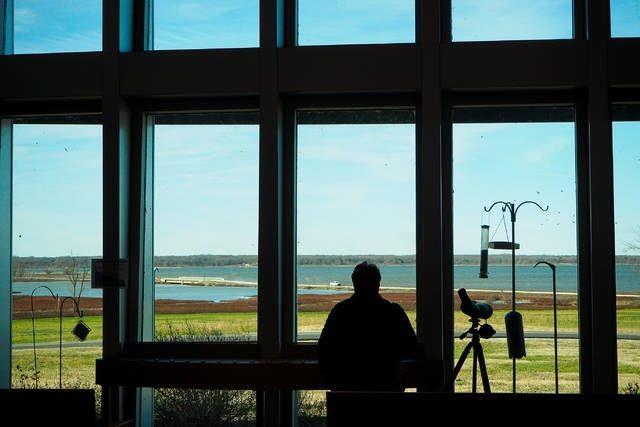The British government intends to expand the adoption of facial recognition technology and spread it in the United Kingdom, given that it has proven its effectiveness, but this trend raises concerns, and causes some parties to accuse the authorities of sliding towards imposing mass surveillance, according to an Agence France-Presse report.
Monitoring has proven effective
A test camera was installed one day in December near Croydon station in south London, and this procedure enabled the arrest of ten suspects in cases of death threats, bank fraud or theft.
Facial recognition technology was also used in particular during the British Formula 1 Grand Prix and the coronation of Charles III in May, and therefore this technology is considered a “high priority,” according to what Secretary of State for Police Chris Philp announced last October, highlighting “ The high potential of this technology. He added that its spread “led to arrests that would have seemed impossible without this technology, and there were no false alarms.”
This desire sparked controversy among some representatives from all sides, as they called on the sector regulator to take measures to prevent abuse. They wrote in a letter that “facial recognition involves the mass processing of sensitive biometric data from large numbers of people, often without their knowledge,” and they considered this “a serious threat to the rights of members of the public.”
False results
These deputies say that false results led to more than 65 unlawful police interventions, including the arrest of a 14-year-old student wearing a military uniform, and after the police surrounded him and took his fingerprints before releasing him.
Parliamentarians also highlighted the risks associated with using this technology in private spaces, saying it could discourage some from making essential purchases, such as food, or even expose them to intrusive interventions or confrontations with security personnel.
Last year, the owner of the Sports Direct supermarket chain defended the use of facial recognition technology, saying it had led to lower rates of theft and violence against employees.
Mobile ID cards
On the part of civil rights advocates, Mark Johnson of Big Brother Watch sees facial recognition as “an Orwellian tool (inspired by the world of George Orwell’s novels) for mass surveillance that turns us all into mobile identity cards.”
Opponents say this technology leaves too much power unchecked in the hands of the police, who have recently been given increased powers to make arrests during protests.
Concerns are particularly focused on the lack of oversight of the way the police prepare their watch lists, which – according to critics of the demonstrators’ facial recognition technology – include people with psychological problems who are not suspected of committing the slightest wrongdoing.
These tools require “legal and technical supervision to be used in a responsible and ethical manner,” an activist told AFP, requesting anonymity. “I’m concerned that the police don’t have the resources and capacity to do this now,” she adds.
Security forces confirm that they delete the data of anyone not included in the watch list immediately and automatically. The Ministry of Interior stresses that the current law strictly governs the use of this technology.
In June 2023, the European Parliament called for a ban on automatic facial recognition systems in public places. In the United Kingdom, members of Parliament who oppose these technologies want to go further, and Conservative MP David Davis said, “Facial recognition has never received explicit approval from Parliament,” and he considered “it to be a tool for mass surveillance” that “has no place.” ” in the UK.






